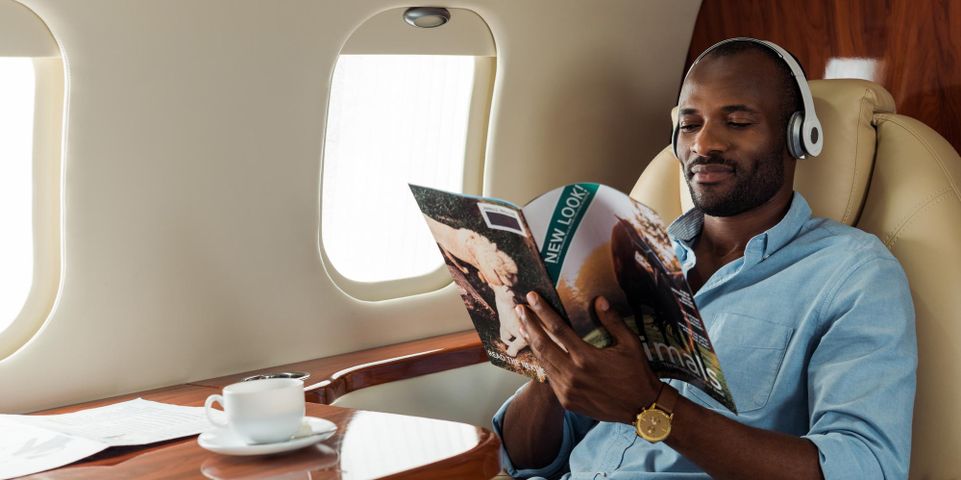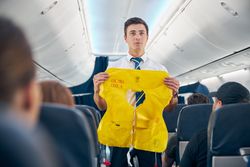A Guide to Flying for Those With Hearing Aids

Our sense of hearing helps keep us connected to the world around us. However, our ability to perceive sound can naturally weaken with age. In some cases, individuals may need to use a hearing aid to understand others better. While this technology has only become less intrusive and more advanced with time, you should still take some precautions if you are a frequent flyer. The guide below explains what this is and how to protect your investment.
How Do Hearing Aids Work?
Hearing aids convert sound into electric signals that they then amplify before sending them through to your brain, helping you make out what is being said more clearly. Unfortunately, within the busy confines of an airport—or a plane with the engines running—this amplification can make sounds overwhelming.
What Precautions Should You Take When Flying?
Planes can stress the ears of even those without hearing aids. Therefore, many people invest in noise-canceling headphones or earplugs to help block out some of the residual sounds. However, if you decide to do this, inform a flight attendant of your hearing loss so that they can alert you, specifically, in an emergency.
 Otherwise, keep your hearing aids in and turned on—while they are electronics, they are exempt from the rules that apply to other wireless devices in the air—so that you can hear safety instructions and other announcements. However, you should turn the volume down to a more comfortable level.
Otherwise, keep your hearing aids in and turned on—while they are electronics, they are exempt from the rules that apply to other wireless devices in the air—so that you can hear safety instructions and other announcements. However, you should turn the volume down to a more comfortable level.
Make sure that you also have extra batteries or a charger and a converter with you in your carry-on bag in case your device starts running low on power.
Stay awake during the ascent and descent to better cope with changes in altitude. Chew gum during your flight; this jaw movement can help relieve pressure in your ears.
If you are in need of a hearing aid or have questions about traveling with one, contact Ear Nose & Throat Specialties PC. This privately owned clinic has two locations and a dedicated team of doctors and support staff that have serviced residents across Lancaster County, NE, since 1991. To schedule your first appointment, call today at (402) 488-5600. For more information on their commitment to quality care, visit their website.
About the Business
Have a question? Ask the experts!
Send your question

